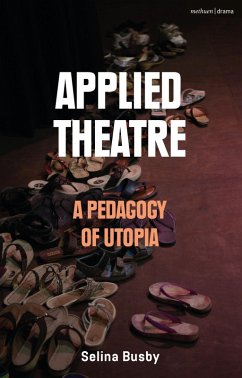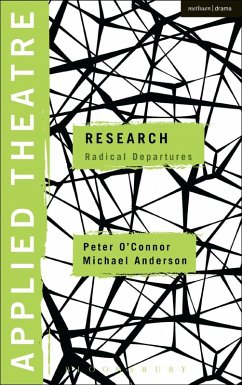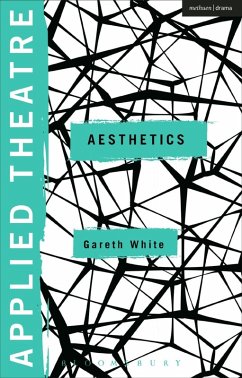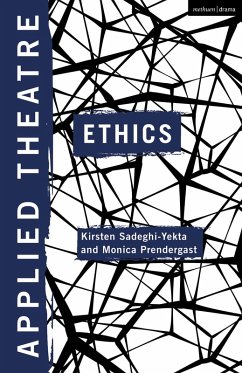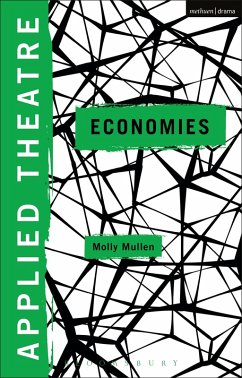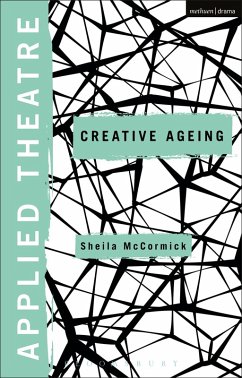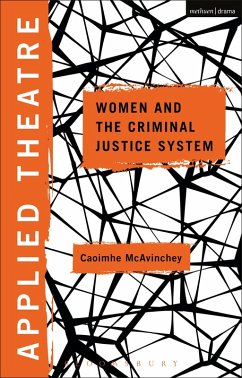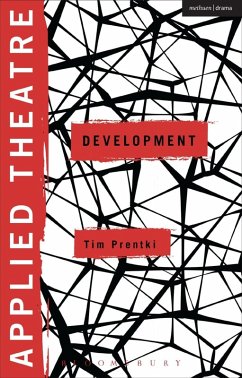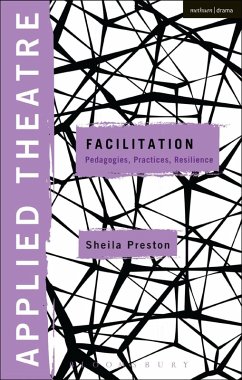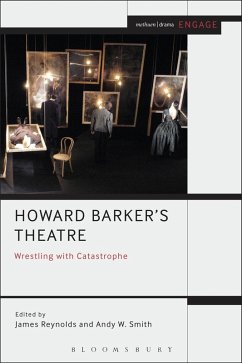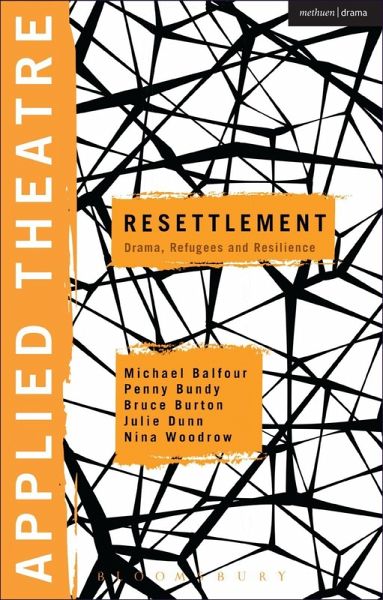
Applied Theatre: Resettlement (eBook, PDF)
Drama, Refugees and Resilience
Versandkostenfrei!
Sofort per Download lieferbar
24,95 €
inkl. MwSt.
Weitere Ausgaben:

PAYBACK Punkte
12 °P sammeln!
The book offers a compelling combination of analyis and detailed description of aesthetic projects with young refugee arrivals in Australia. In it the authors present a framework that contextualises the intersections of refugee studies, resilience and trauma, and theatre and arts-based practice, setting out a context for understanding and valuing the complexity of drama in this growing area of applied theatre. Applied Theatre: Resettlement includes rich analysis of three aesthetic case studies in Primary, Secondary and Further Education contexts with young refugees. The case studies provide a ...
The book offers a compelling combination of analyis and detailed description of aesthetic projects with young refugee arrivals in Australia. In it the authors present a framework that contextualises the intersections of refugee studies, resilience and trauma, and theatre and arts-based practice, setting out a context for understanding and valuing the complexity of drama in this growing area of applied theatre. Applied Theatre: Resettlement includes rich analysis of three aesthetic case studies in Primary, Secondary and Further Education contexts with young refugees. The case studies provide a unique insight into the different age specific needs of newly arrived young people. The authors detail how each group and educational context shaped diverse drama and aesthetic responses: the Primary school case study uses process drama as a method to enhance language acquisition and develop intercultural literacy; the Secondary school project focuses on Forum Theatre and peer teaching with young people as a means of enhancing language confidence and creating opportunities for cultural competency in the school community, and the further education case study explores work with unaccompanied minors and employs integrated multi art forms (poetry, art, drama, digital arts, clay sculptures and voice work) to increase confidence in language acquisition and explore different forms of expression and communication about the transition process. Through its careful framing of practice to speak to concerns of power, process, representation and ethics, the authors ensure the studies have an international relevance beyond their immediate context. Drama, Refugees and Resilience contributes to new professional knowledge building in the fields of applied theatre and refugee studies about the efficacy of drama practice in enhancing language acquisition, cultural settlement and pedagogy with newly arrived refugee young people.




